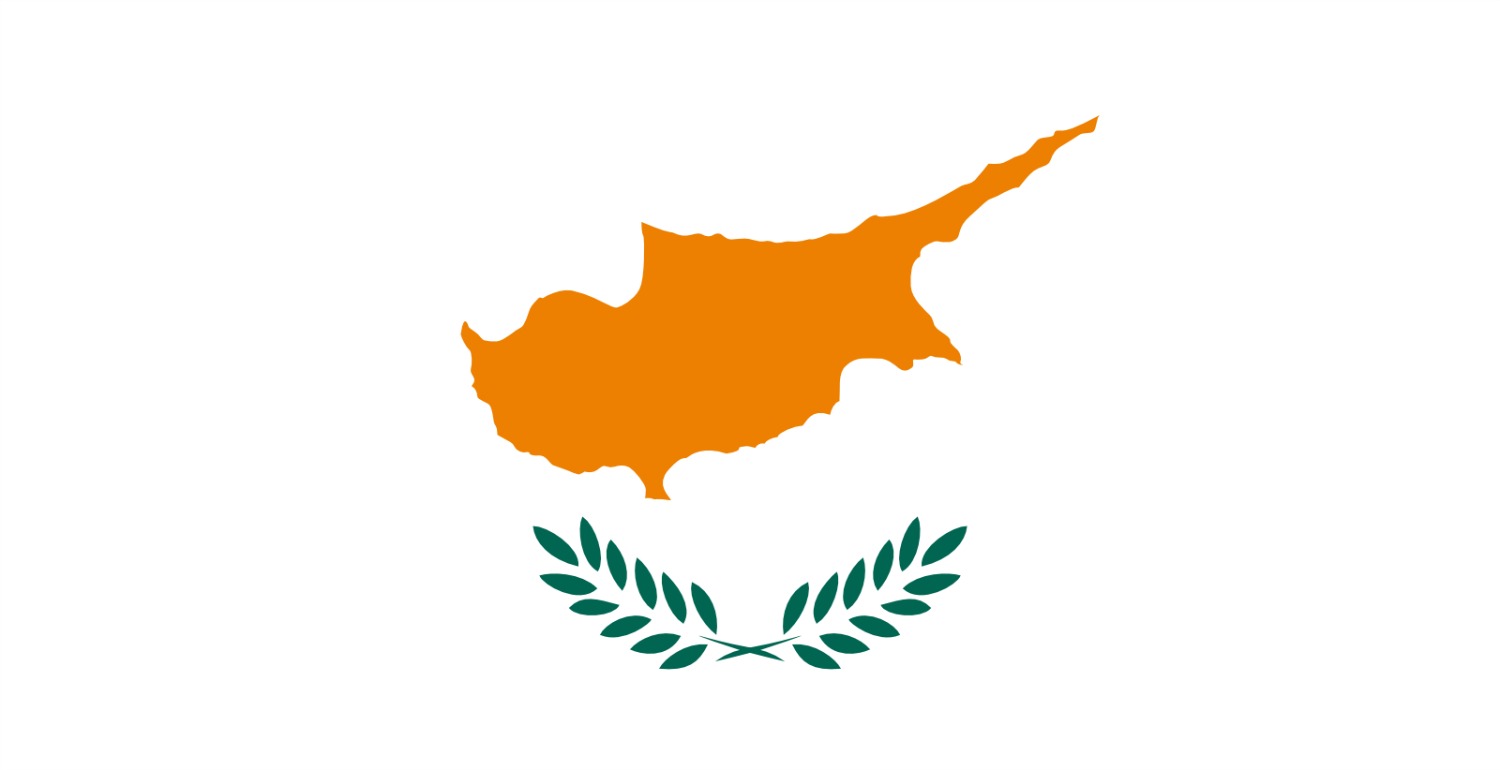By Chadwick R. Gore, CSCE Staff Advisor
U.S. Special Coordinator for Cyprus Ambassador Thomas G. Weston participated in a Commission public briefing in Washington on December 4 just hours after Greek Cypriot President Glafcos Clerides and Turkish Cypriot Leader Rauf Denktash resumed contacts in Nicosia, Cyprus. The briefing was moderated in the Cannon House Office Building by Commission Chief of Staff Ron McNamara who opened the discussion by noting that the Cyprus conflict predates the 1975 signing of the Helsinki Final Act, and that Cyprus was an original signatory. McNamara underscored the human dimension of the longstanding conflict.
Weston reviewed the outcome of the talks that had transpired that morning between Clerides and Denktash at the residence of the U.N. Chief of Mission in the presence of Mr. Alvaro de Soto, the Special Advisor to the U.N. Secretary General on Cyprus. They agreed that the Secretary General, in the exercise of his mission of good offices, would invite the two leaders to direct talks to be held in Cyprus starting in mid-January 2002 on United Nations premises with no preconditions and with all issues on the table. They are to negotiate in good faith until a comprehensive settlement is achieved, and nothing will be agreed until everything is agreed.
Ambassador Weston viewed this as a major step forward in the stagnant Cypriot peace process noting that Clerides would dine at the home of Denktash that evening, an unprecedented event. “Efforts to settle the Cyprus problem have been going on for a long, long time,” Weston remarked, describing the process’ evolution since 1999 and its subsequent breakdown, concluding, “I think what you’re seeing here is a culmination of a long effort rather than something which just came out of the blue.”
“I should make very clear,” said the Ambassador, “that the suggestion for direct talks did come from the Turkish Cypriot leader [and] that needs to be acknowledged. …It’s important to remember who actually suggested it and give credit where credit is due.”
Weston made clear, “The efforts of all others who have been pushing in this direction, including Greece and Turkey, but all others, are also to be strongly commended. …The efforts of the U.N. Secretary General, his direct involvement in this process repeatedly over the last two-and-a-half years, and the excellent work done by his Special Advisor in getting us to this point—all are to be commended.”
While the resumption of talks was of interest, what could be expected to be the outcome was the real focus of the briefing.
“What can we expect to come from the process is obviously the key,” said Weston. “I think the fact that these two leaders have agreed to go to direct talks under these circumstances, with no preconditions, all issues on the table, and with a commitment to continue to negotiate in good faith until a comprehensive settlement is achieved, are very dramatic indications of a willingness on the part of both leaders to actually try and get a comprehensive settlement in the short period of time we have available before Cyprus secedes to the European Union.
“I do not believe that this should be underestimated in any way in terms of what it indicates about the willingness of these two leaders to move forward.”
Ambassador Weston was not prepared to predict whether these resumed contacts would lead to a comprehensive settlement in time to permit a unified Cyprus in the European Union at an early date. On the other hand, he was much more hopeful that that could be achieved.
“It is incumbent on all of us interested in a just and durable settlement of the Cyprus problem to redouble our efforts in support of this effort to get a comprehensive settlement in a brief period of time,” Weston concluded.
A career Foreign Service Officer since 1969, Weston has served as the special coordinator for Cyprus since August of 1999. Ambassador Weston has served as Deputy Assistant Secretary of State for European and Canadian Affairs responsible for multilateral diplomacy with Europe including the U.S. participation in NATO, the OSCE, and the OECD as well as U.S. relations with European Union and the Council of Europe. He has also served as Chargé and Deputy Chief of Mission at the U.S. Mission to the European Communities.
A Helsinki Commission delegation visited Cyprus in January of 1998 to assess developments in the security, economic and human dimensions. Members of the delegation held a series of meetings with officials, international peacekeepers, and private citizens.




